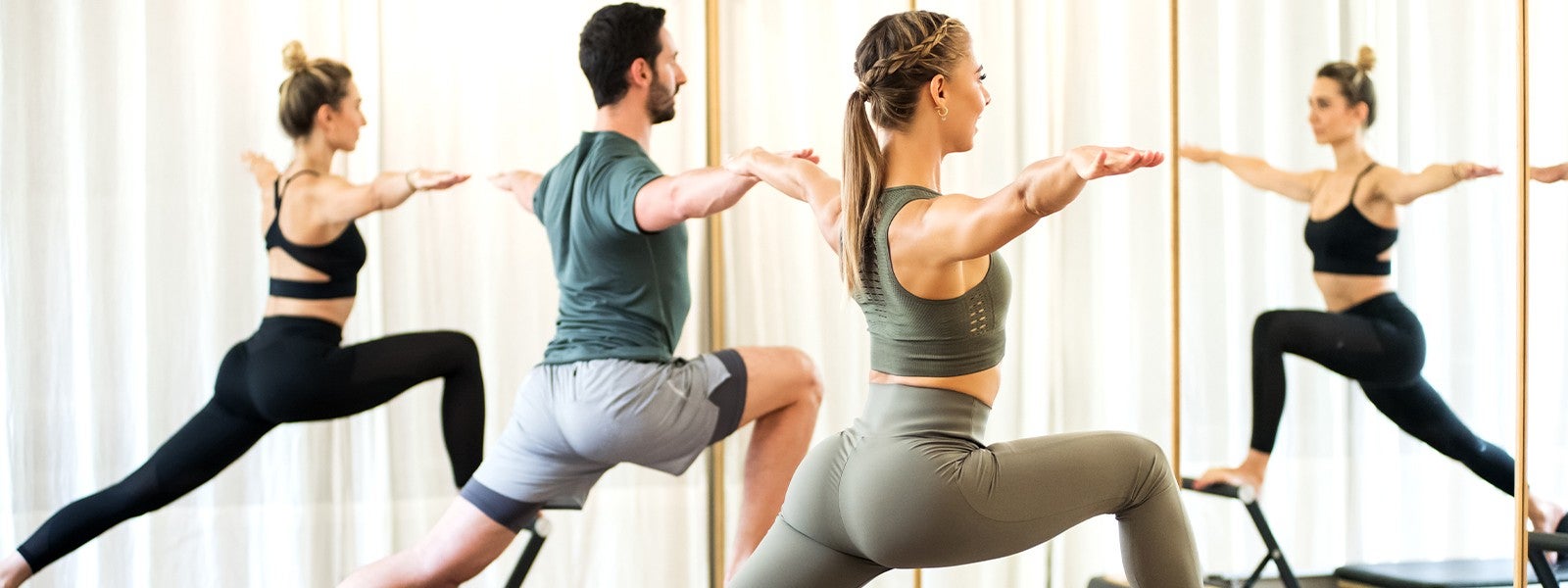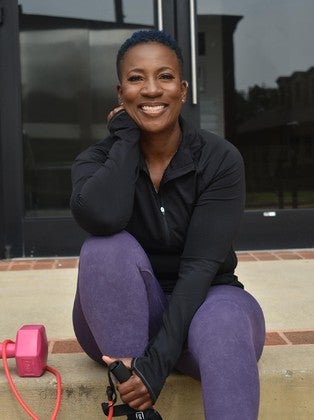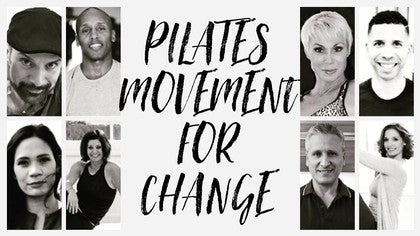
Perfectionism in the Pilates Industry
In the past year we have all had to adjust, adapt, and abandon something not just for our businesses, but for our peace of mind. In a field where one of the principles is precision, it has felt like a season of “not quite right.” Now that we have had to own this time of “messy living,” how do we begin to approach Pilates with this same type of grace?
-Michael Law
When I read this quote, the first question I asked myself was, “When did I become afraid?” The answer: kindergarten. I was in a highly accelerated program and missed the following words on a spelling test: condition, hospital, and medicine (yes, in kindergarten). Forty years later, I can still feel the emotion in my body when I think about how disappointed I thought my teacher Ms. Perry and my parents would be because, up until that time, I was “perfect.” At a magnet school, the need to have straight “A”s was an epidemic. I always felt like I needed to be the “good child.” As a result, before the age of ten, I was experiencing unexplainable migraines, stomach aches, and vision problems. No one connected any of that to the internal stress of needing to perfect in everything, all of the time, in everything. When I presented this topic at the Brink Conference last year, I realized I was not alone.
So what does it look like when a bunch of perfectionists start teaching Pilates?
Fear. Control. Angst. Anger. Exhaustion. Feeling as if we’re not enough, needing more education, more equipment, cuter pants, cooler music, or better lighting. It looks like running towards a finish line we can’t see because, in our minds, we (not others) keep moving the line further and further away. For our students? Fear. Angst. Exhaustion. Feeling like they will never be good enough. It’s safe to say this is not the goal of Pilates. Most of us can agree that if we knew we were passing on these feelings to our students, we would stop.
So how do we stop?
Lesley Logan of Profitable Pilates suspects Pilates attracts a lot of Type-A people who want to do things “right, as in perfect.” "Teacher trainings have to ‘test out’ students and we are trained from elementary school that a test involves a right and wrong answer,” she says.
One solution to the perfection problem is developing tests that empower teachers to focus on progress and not perfection. Similarly, with our high-achieving clients who want to “do it right,” we can remind them of how they are progressing and remind them that it’s their individual journey that is important.
Misty-Lynne Cauthen of Dragonfly Pilates attributes the quest for perfection in Pilates to the influence of the dance world. “Think about it. How many of the first-generation teachers came from dance? There’s something to be said for wanting a movement to be precise, exact, "perfect", but is that reality?” Cauthen asks. “If we teach the humans in front of us and not teach to the idea of perfection that’s been drilled into us, we can hopefully shift the paradigm,” Cauthen adds.
Is the idea of perfection intentionally or unintentionally being put on the shoulders of our students because we teach what we know?
Are we teaching to “check the boxes,” to add to our desire to be the best and to live up to the impossible standard of perfect? Do you know what happened after my kindergarten spelling test? I learned to spell the words. I went all the way through graduate school knowing how to spell those words. I learned from my mistakes. It did not, however, keep me from ever misspelling another word. How do we learn to look at our mistakes or missteps and learn from them as opposed to being defined by them? How do we teach our students to learn from what they think is a wrong movement or breath?
We teach that Pilates is about progression, not perfection.
We reiterate that because it’s a “practice” it will not be perfect.
We allow ourselves the grace to grow and learn as teachers.
We offer the same to our fellow teachers.
We create a community where the beauty of safe and effective movement outweighs the rigid thoughts of how we (and others) should be.
We learn.
We evolve.
Comments
You need to be a subscriber to post a comment.
Please Log In or Create an Account to start your free trial.


















